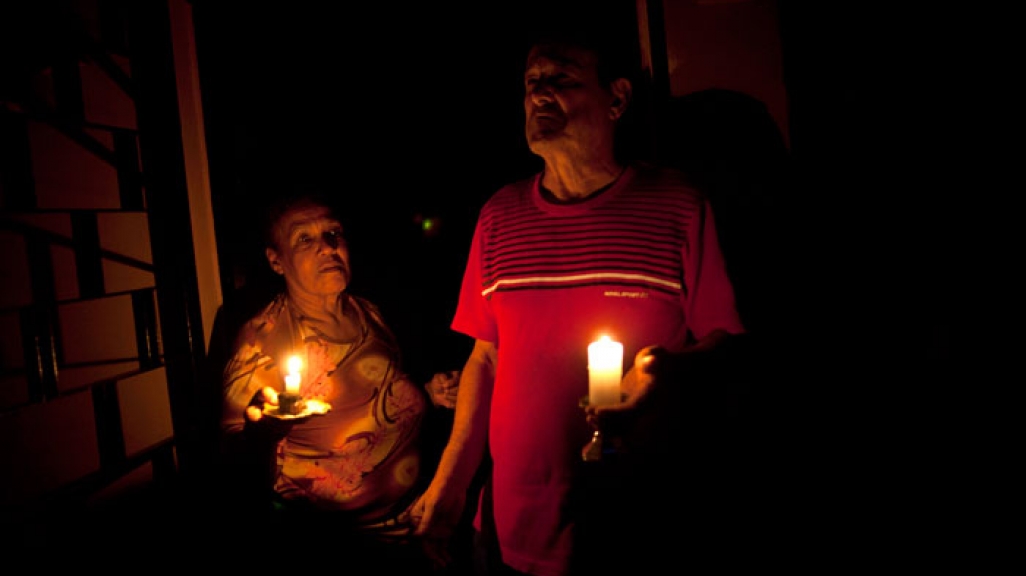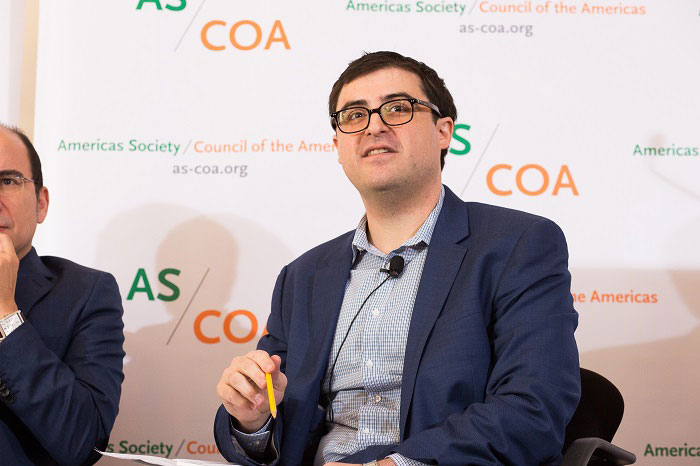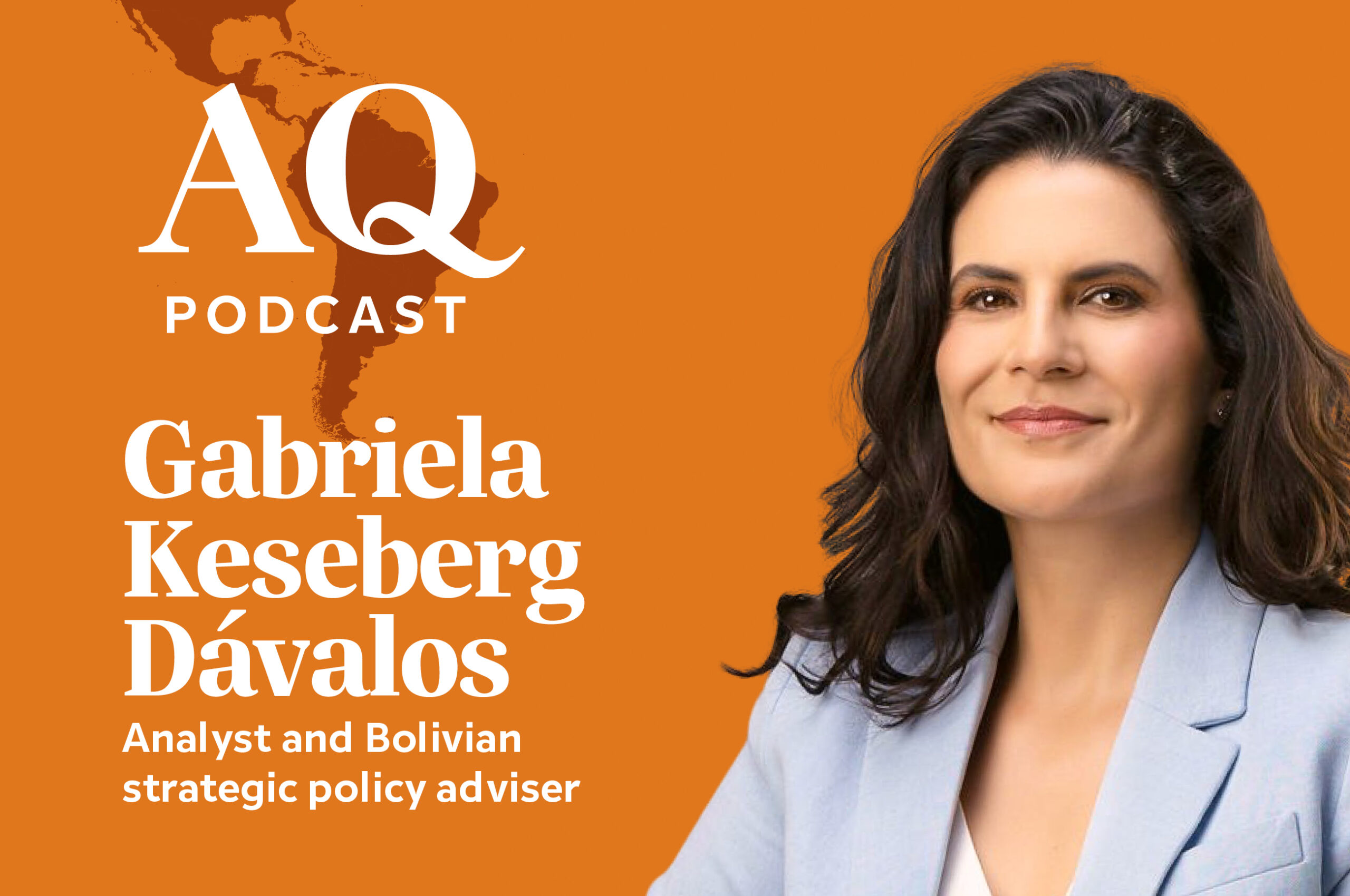Update: Venezuela Is Running Short of Everything
Update: Venezuela Is Running Short of Everything
It might be easier to make a list of what is available, rather than what’s not.
Lea una traducción de este artículo en español.
Venezuelans are getting some extra vacation this year. President Nicolas Maduro ordered extended shutdowns of businesses and offices across the country to close for all of the semana santa instead of the usual two days. The president says the measures are a necessary energy-saving step as the country faces rolling blackouts due to an electricity shortage.
Still, electricity is hardly the only thing running low in Caracas. Tight currency controls and government subsidies have led to roughshod inflation and shortages of seemingly everything over the last few years, and shortages that have only become more acute in the last year as the economic crisis deepens. Even optimism over the opposition’s legislative win in December is down, as people spend more time and energy tracking down their daily necessities.
Food: If there’s one enduring image of the current economic crisis, it’s the long lines citizens stand in to buy their groceries every week. Venezuelans regularly must take off time from work to stand in line all day to buy their weekly allotment of basic foodstuffs. Surveys estimate that 50 to 80 percent of food supplies are now scarce. Pasteurized milk availability, in particular, is down 95 percent, and even powdered milk is down 80 percent compared to a couple years ago.
Food production has declined steadily in Venezuela since the 1990s. Flush with oil revenues, from 2008 to 2014 the country tripled the amount it spent on food imports annually compared to the prior decade. Today, Venezuela imports most of its food, but with less cash due to the oil price drop, its food budget has dropped. Food prices saw the greatest increases of any sector, rising 56 percent in the third quarter of 2015 alone and the monthly food basket now costs about eight times the minimum wage.
Eighty-seven percent of Venezuelans say they are buying less food under the current scarcities than they used to, and some experts worry about the increasing possibility that food shortages will turn into famine in 2016. In February, the opposition-controlled National Assembly declared a national food crisis citing an “absence of food security.”
President Nicolás Maduro, for his part, announced the creation of several new cabinet-level departments in January, including a new Urban Farming Ministry. He encouraged Venezuelans to start growing food at home (similar to what Cubans did during the 1990s), and said he and his wife now had 50 egg-laying hens at the presidential palace.
Medicine: With 80 percent of all medicines scarce or unavailable, and hospitals and pharmacies out of everything from pain relievers to chemotherapy drugs, it’s become common practice for Venezuelans to post on social media in search of medicines for themselves and their family members. Four in five first aid centers set up under the late President Hugo Chávez have shut down, and most of the more than 20,000 Cuban physicians and nurses working in the country have returned home.
A shortage of bug spray is hampering the fight against the Zika virus in Venezuela, where experts estimate the number of cases is as high as 400,000—although the official government figure remains at 5,000. Meanwhile, neonatal deaths in one Caracas hospital are up 300 percent in early 2016 compared to a decade earlier.
Many patients are attempting to cross the newly reopened border with Colombia in search of treatment. However, people can’t cross by car and so the critically ill must do so on foot.
In January, the National Assembly declared a humanitarian health crisis because of medical shortages and, in February, requested aid from the World Health Organization. But chavistas control the other four branches of government and are resistant to receiving any type of international aid on the claim that it compromises the country’s sovereignty. Maduro has yet to respond to calls for international assistance.
Contraceptives: As of March, stocks of contraceptives are down 90 percent, about twice as scarce as they were a year ago. Additionally, the price of a six-pack of condoms can now cost up to 1,900 bolivares, or one-tenth of the average minimum monthly salary. Venezuela has some of the highest rates of HIV infection and teen pregnancies in Latin America.
Electricity and Water: Electricity rationing and power outages are the new normal in Venezuela. On top of required scheduled shutdowns for shopping centers, the Maduro government ordered businesses, factories, government buildings, and offices to shut down for all of Easter week as an extreme energy-saving measure. While March 24 and 25 are already national holidays, the government’s measure extended the holiday shutdown for a full 10 days, from March 19 to March 27.
Venezuela gets over 60 percent of its power from hydroelectricity, and thanks to El Niño droughts, reservoir levels at 18 of the country’s biggest dams have dropped to critical “red-line” minimums. In 2014, Venezuela was Latin America’s largest consumer of electricity, abetted by the largest government energy subsidies in the region.
El Niño is also hurting drinking water supplies. Rainfall is down 45 percent in the country since 2013, according to the government. In many residential areas in Caracas, people only have a few hours to collect the water they need for the next day—or several days. Some neighborhoods are finding themselves without water for three to five days a week, based on a new water-rationing schedule from the capital’s water utility.
Incidences of electricity and water theft—as well as deaths of people being electrocuted while trying to pilfer energy—are on the rise. What’s one of the main things Venezuelans are plugging in? Mobile phones: Venezuelans consume the most cell data of any other Latin American country, downloading three times the data Argentines and Brazilians do, and five times what Mexicans do.
Toiletries: Deodorant, toilet paper, shampoo, detergent: toiletries are either scarce, or available on the black market at markups sometimes more than 10 times their price in government stores.
Paper: Venezuela’s National Newspaper Group, made up of 86 domestic outlets, announced a state of emergency, and that paper supplies had fallen 40 percent in the first two months of 2016.
Money: Venezuela could face 720 percent inflation in 2016—the worst of any country in the world, per the International Monetary Fund. Inflation is so rampant that the Maduro government can’t print money fast enough, and now relies on foreign printers to keep the bolivares coming. In February, The Wall Street Journal reported that the government was flying in dozens of 747s stuffed with money printed in Europe, including by one press that also printed bills under Weimar Germany.
Intellectuals: The ivory tower isn’t impervious to the economic crisis. In September, the government cut the budget of the country’s top university, Venezuelan Central (known as UCV) by 70 percent. The school’s teachers promptly went on strike, and the school was forced to suspend classes in Fall 2015. Classes resumed in January, but the crisis is far from resolved and many educators are walking out. Over the last five years, UCV has lost more than a quarter of its 3,000 professors, many to posts abroad. Caracas’ Simón Bolívar University (SBU) has similarly lost a full third of its faculty. According to one SBU researcher, more than half of the 1.5 million Venezuelans who’ve emigrated in the last 20 years have a bachelor’s degree or higher, and their median age is 32.










